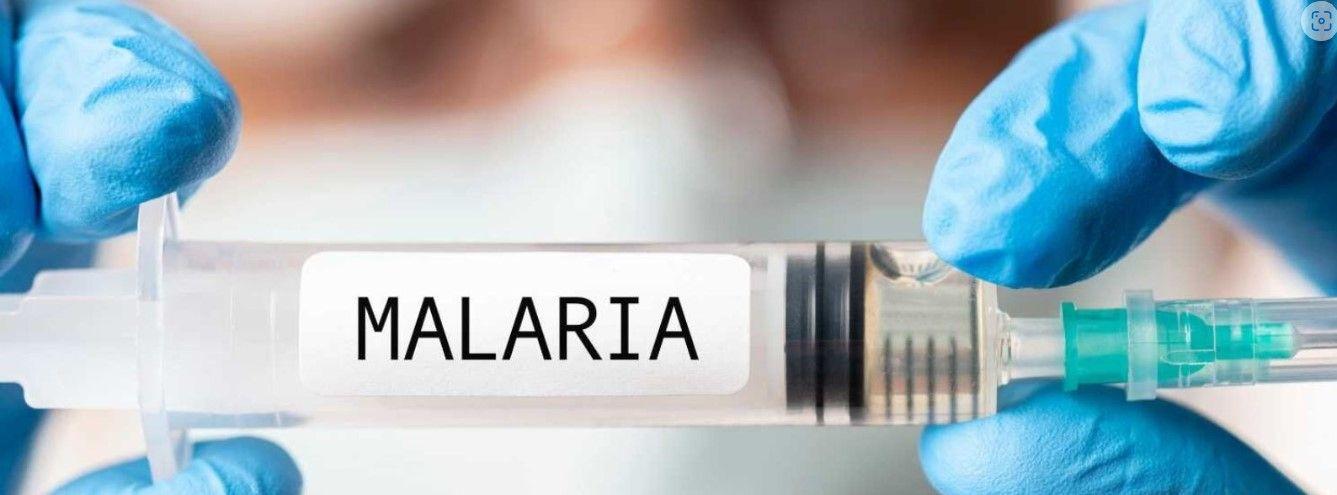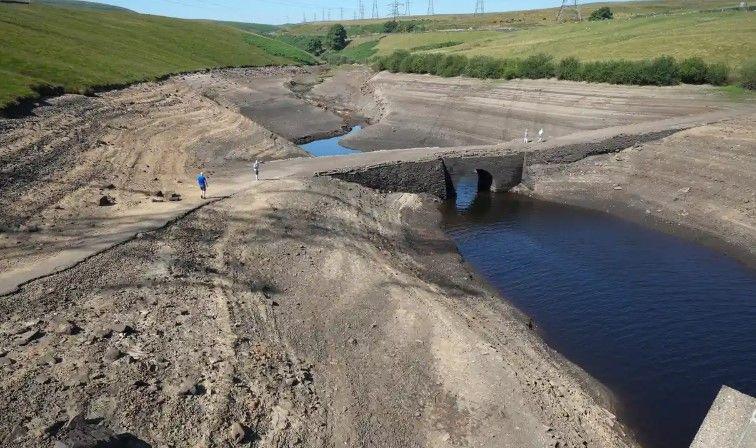INTUSK MAGAZINE
TO THE CORE OF YOUR HEART
Path to the Recognized Independence of Rebel Regions in Ukraine
February 7, 2023
On Monday Vladimir Putin, the president of Russia, recognized the independence of rebel regions Donetsk and Luhansk in eastern Ukraine worsening the tension with the west amid fears of a Russian invasion.
Separatist rebellion in East Ukraine
After the fourth modern Ukraine president, Viktor Yanukovych, who was a Moscow friendly one was driven from the office by mass protests in 2014, Russia responded by annexing Ukraine's Crimean Peninsula which was transferred to Ukraine by former Soviet Union leader Nikita Krushchev in 1954. She then threw her weight behind an insurgency in the mostly Russian-speaking eastern Ukraine region known as Donbas.
After two months from the removal of Viktor Yanukovych from the office, in April 2014 Russia-backed rebels proclaimed the creation of "People's Republics" after seizing government buildings in the Donetsk and Luhansk regions and battled Ukrainian troops and volunteer battalions.
The following month, the separatist regions held a popular vote to declare independence and make a bid to become part of Russia. Though Moscow did not accept the motion, they used the regions as a tool to keep Ukraine in its orbit and prevent it from joining NATO.
Ukraine and the West accused Russia of backing the rebels with troops and weapons. Moscow denied that, saying any Russians who fought there were volunteers.
Efforts for cease-fire Agreements
After a massive defeat of Ukrainian troops in August 2014, envoys from Kyiv, the rebels and the Organization for Security and Cooperation in Europe signed a truce in the Belarusian capital of Minsk in September 2014.
The document envisaged an OSCE-observed cease-fire, a pullback of all foreign fighters, an exchange of prisoners and hostages, an amnesty for the rebels and a promise that separatist regions could have a degree of self-rule.
The deal quickly collapsed and large-scale fighting resumed, leading to another major defeat for Ukrainian forces at Debaltseve in January-February of 2015.
France and Germany brokered another peace agreement, which was signed in Minsk in February 2015 by representatives of Ukraine, Russia and the rebels. It envisaged a new cease-fire, a pullback of heavy weapons and a series of moves toward a political settlement. A declaration backing the deal was signed by the leaders of Russia, Ukraine, France and Germany.
Frozen conflict in Eastern Ukraine
The 2015 peace deal was a major diplomatic coup for the Kremlin, obliging Ukraine to grant special status to the separatist regions, allowing them to create their own police force and have a say in appointing local prosecutors and judges. It also envisaged that Ukraine could only regain control over the roughly 125-mile border with Russia in rebel regions after they get self-rule and hold OSCE-monitored local elections — balloting that would almost certainly keep pro-Moscow rebels in power there.
The Minsk document helped end full-scale fighting, but the situation has remained tense and regular skirmishes have continued.
Moscow also has worked to secure its hold on the rebel regions by handing out more than 720,000 Russian passports to roughly one-fifth of their population of about 3.6 million. It has provided economic and financial assistance to the separatist territories, but the aid has been insufficient to alleviate the massive damage from fighting and shore up the economy. The Donbas region accounted for about 16% of Ukraine's GDP before the conflict.
Amid soaring tensions over the Russian troop concentration near Ukraine, France and Germany embarked on renewed efforts to encourage compliance with the 2015 deal, in hopes that it could help defuse the current standoff.
Facing calls from Berlin and Paris for its implementation, Ukrainian officials have strengthened their criticism of the Minsk deal and warned that it could lead to the country's demise. Two rounds of talks in Paris and Berlin between presidential envoys from Russia, Ukraine, France and Germany have yielded no progress.
Putin recognizes rebel regions' independence
Putin's recognition of the rebel-held territories' independence effectively shatters the Minsk peace agreements and will further fuel tensions with the West.
The move follows several days of shelling that erupted along the line of contact in Donetsk and Luhansk. Ukraine and the West accused Moscow of fomenting the tensions to create a pretext for an invasion. Russia, in turn, accused Ukraine of trying to reclaim the rebel-held territories by force, a claim that Kyiv strongly rejected.
On Friday, separatist leaders released video statements announcing the evacuation of civilians in the face of what they described as Ukrainian "aggression."
The rebel chiefs put out new video statements Monday urging Putin to recognize their regions' independence, and the Russian leader responded quickly by convening a carefully orchestrated meeting of his Security Council and then signing the recognition decrees in a televised ceremony.



